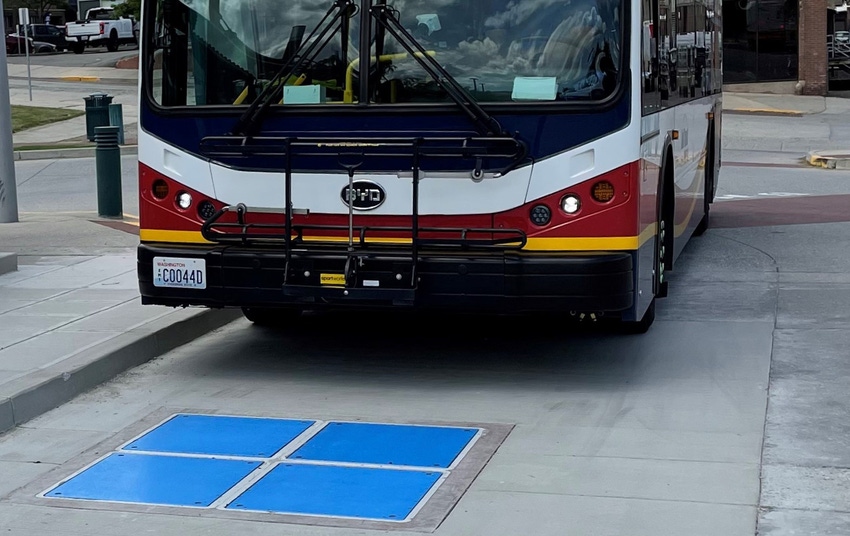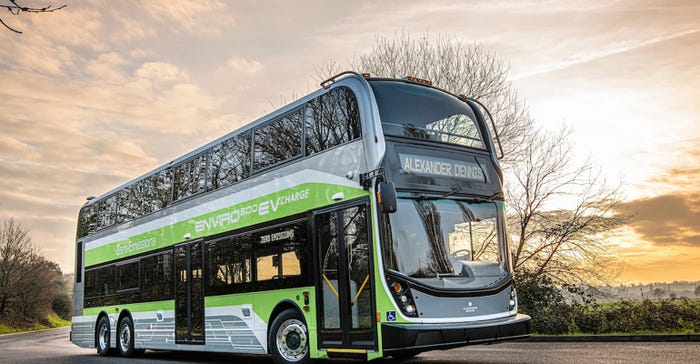Wireless Charging: Transforming Electric Bus Efficiency
Explore how InductEV's wireless charging technology helps electric bus efficiency, reducing downtime and advancing sustainability in public transit.

Integrating wireless charging technology into electric buses indicates a new era of efficiency and sustainability. This innovative approach eliminates the need for plug-in charging stations, offering seamless recharging while buses are in service. By leveraging electromagnetic induction, buses can now wirelessly recharge at designated stops, reducing downtime and optimizing operational efficiency. This advancement not only streamlines the maintenance of electric bus fleets but also minimizes disruptions to urban traffic flow. Moreover, by eliminating the need for manual charging interventions, wireless technology contributes to a cleaner and quieter urban environment.
InductEV, a wireless electric vehicle (EV) charging, has partnered with Sound Transit to introduce its technology for Seattle's new Stride bus rapid transit service. This initiative will see the deployment of 48 wirelessly charging electric buses, including 33 double-deckers from Alexander Dennis. Seattle will become the first US location to feature double-decker electric buses with inductive wireless charging. Sound Transit's order includes 33 zero-emission Alexander Dennis Enviro500EV double-deckers and 15 60-foot articulated electric buses powered by 13 300-kW in-ground inductive chargers.
This effort positions Sound Transit as the 7th transit agency in Washington State to adopt InductEV's wireless charging technology, which streamlines charging processes, overcomes real estate limitations, and enhances renewable energy utilization. The initiative highlights the shift towards sustainable transportation solutions in the region.

Alexander Dennis Enviro500EV double - decker electric bus. Courtesy of InductEV.
With wireless charging capabilities, electric buses are not confined to fixed charging stations. They can be charged at multiple locations along their routes, offering greater flexibility in routing and enabling transit agencies to optimize charging strategies according to demand and traffic conditions. Consequently, this flexibility allows buses to remain in service for longer, enhancing operational efficiency and productivity for transit agencies.
“The inclusion of Alexander Dennis marks an exciting new chapter for InductEV,” stated Brandon Anulewicz, Chief Revenue Officer for InductEV.“Together, we’ll grow the company’s existing footprint and, by so doing, accelerate the benefits of wireless inductive charging technology in the commercial and municipal transport sectors.”
The wireless charging market is expected to reach $16.0B by 2029 from $6.4B in 2024, at a CAGR of 20.3% during 2024–2029, according to a new report by MarketsandMarkets. As cities increasingly prioritize environmentally friendly transportation solutions, adopting wireless EV charging for public buses signifies a significant step towards achieving sustainable mobility goals.
About the Author(s)
You May Also Like





